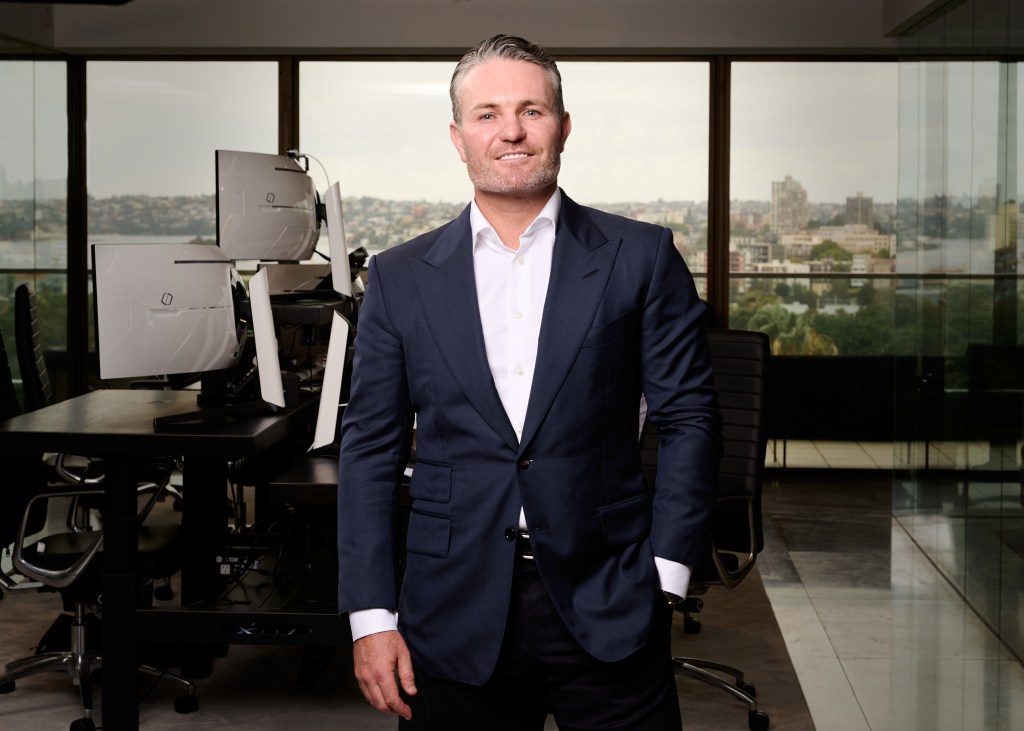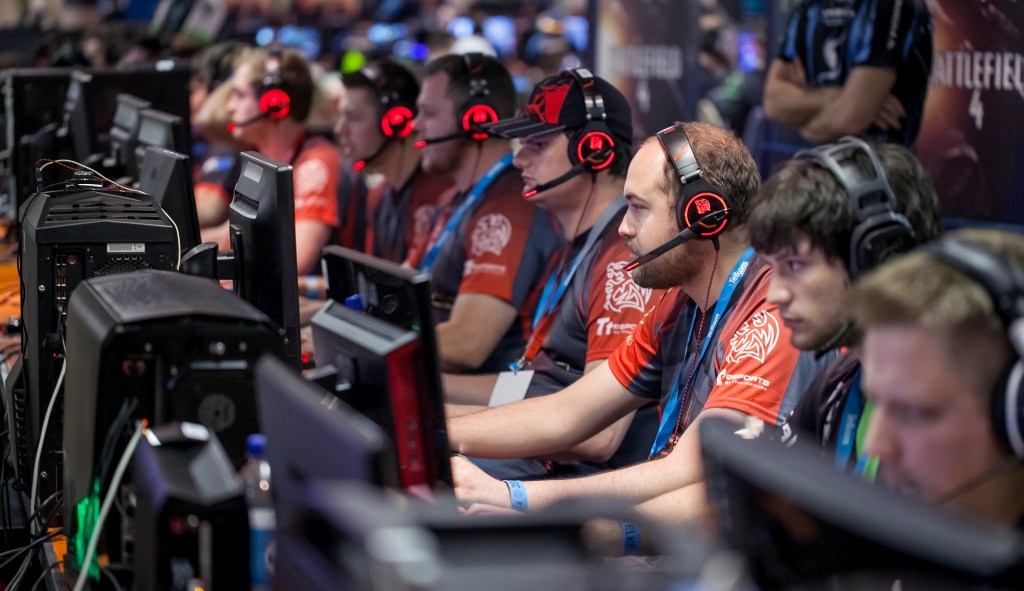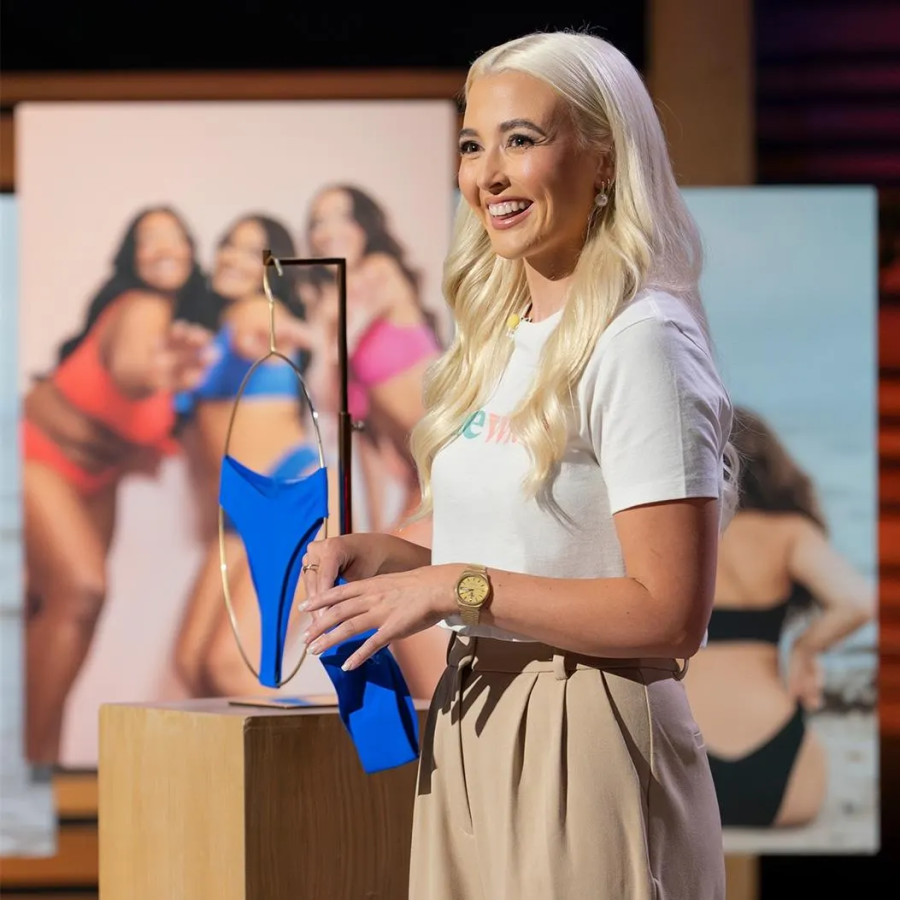How Clayton Larcombe found himself as the go-to guy for international Esports.
Eight years ago, Clayton Larcombe was on the Hong Kong trading desk for Morgan Stanley. Still, since his return to Australia, he’s found himself owning a chunk of an Esports betting operation, founding an investment fund emphasising Esports that now has $500 million under management. And he’s just been invited to chair the board of a major global Esports company.
Larcombe, Chief Investment Officer at the company he founded, PAC Capital, has just completed a funding round for Berlin-based BAYES Esports, bringing the funds raised for the company in 2022 to $ 13 million.
The way he tells it, he came home from a decade of working in a tax free environment with a bit of savings. He bought a flat in Sydney and started a diversified portfolio with the rest.
“I met a guy on a golf course,” he begins when asked to explain how his company, PAC Capital, came about. “He said, ‘Clay, I love what you do. Can you manage some money for me?’”

The guy had $1 million to invest, says Larcombe. “Two months later, he gave me $4 million, then $45 million about a year later. By that time, I was managing $100 million for five families in Queensland.
“That was just over three years ago. We now have $500 million under management. It’s been an explosive run.”
At the same time he was starting the fund, another chance encounter sent his life in a new direction. “I was in the gym in Brisbane,” he says. “It sounds like I’m always on the golf course or in the gym, but I do work. And I met a guy. He said, ‘Clay, I know you manage some money. I know an Esports company that’s looking for some seed capital.’”
It turned out to be Picklebet, a Brisbane-based bookmaker devoted entirely to betting on Esports – electronic gaming competitions. The founders, Damon Oudejans and Nick Heaney were bootstrapping the business. “They had no money, but a great idea and a very lucrative licence,” recalls Larcombe. “I personally seeded the company. I wouldn’t do that again, but I was single back then.
“This company was turning over $50,000 a month, and their margin was 10%, so they were making $5,000 a month, but it was costing them $25,000 a month to run the business. They had about two months left, and it was lights out. So I gave them a million dollars of my own money, which was crazy, and ended up taking 50% of the business. I’ve helped them raise $25 million more over the last three years.

“The company last month did $15 million in turnover. We’re finishing a large funding round at the moment that’ll take Picklebet to a valuation of $100 million.” Larcombe remains the largest shareholder.
It is claimed that Esports – where top-ranked competitors in-stock standard computer games are playing each other and the public is tuning in to watch -are a $1.8-billion-a-year industry in which 75% of that money is from media rights and sponsors.
According to PAC Capital, Esports is reported to have surpassed all other major sports in terms of eyeballs on screens, with 730 million annual views.
In January last year, Microsoft spent $68 billion to buy the gaming company Activation Blizzard, giving it such titles as Call of Duty, Crash Bandicoot and Warcraft. Still, despite the price tag, Microsoft and its Xbox remained only the third largest gaming company in the world.
Also, in January last year, the Saudi government-backed Savvy Gaming Group paid US$1.5 billion for the dominant Esports businesses, ESL Gaming and FACEIT. In September, Savvy announced it had put aside US$38 billion to take a dominant position in the Esports world.
Meanwhile, Picklebet was using a German-based company, Bayes, for its data on Esports and to help set their betting markets.
Larcombe got to know the people at Bayes and realised its strong position. “Bayes essentially owns 75% of the Esports data rights worldwide. In every tournament, title or game you see, if someone wants their data – they might want to build probabilities or find out about a team or a player – they need to buy that data from Bayes. They provide 30,000 live matches per year around the world.”
So PAC Capital started investing in the German company and many other Esports-related businesses. The fund manager went on to launch what Larcombe says is the world’s only hedge fund devoted to Esports and gaming.
PAC Capital bought a significant stake in Bayes, among many others, and last week Larcombe took over as chair.
“Our Esports fund was up 2.41% last year when the Nasdaq was down 30%.”
Clayton Larcombe
“I seem to have become this go-to person now in the industry where they want me to lead companies. Everyone knows this ambition we have to have some big roll up in the industry. It seems I’m at the forefront of most conversations, so it’s good fun.”
In announcing the $13 million in capital raised, Bayes Esports managing director Amir Mirzaee said the company was “delighted to have found a strategic investor and true visionary” in Larcombe. “Being able to secure this investment during a time when investors have grown increasingly hesitant is a clear indication to us that we are on the right track.”
Larcombe says it’s his mission to spread the word about the future of Esports.
“I’m trying to tell people in Australia what a big thematic this is. It’s close to my heart. It’s something that’s part of our lives and will continue to be forever.
“Our Esports fund was up 2.41% last year when the Nasdaq was down 30%. We can do that because we’re long and short. We know who’s spending too much. I get a pretty good feel on where these companies are going and who’s spending too much money.”



